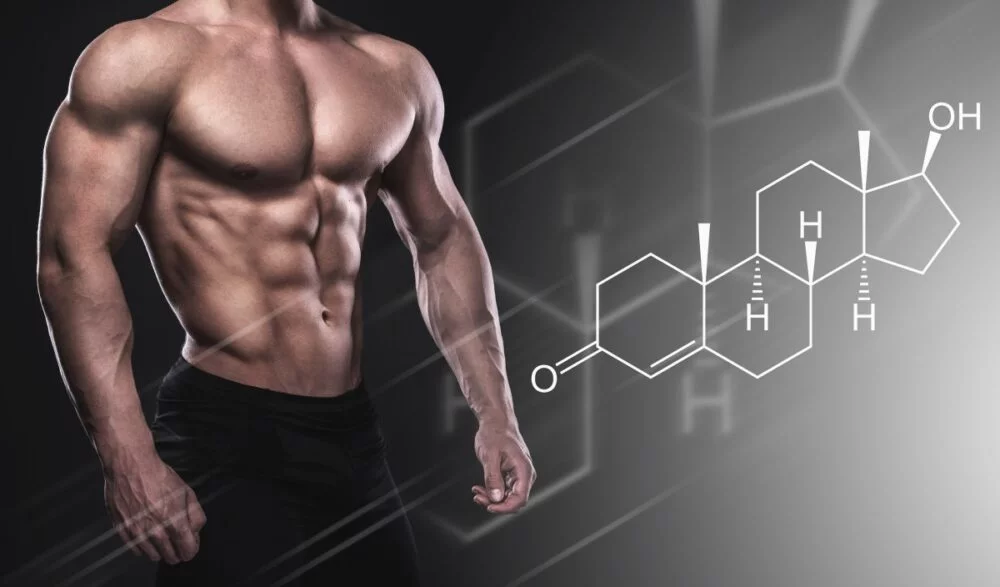Androgen (DHT) deficiency is one of the major causes of male pattern baldness, because it decreases the production of testosterone. Androgens are converted into testosterone by the testes themselves. In males, testosterone is responsible for muscle growth and sexual development. Androgens also contribute to the formation of the prostate and the successful functioning of reproductive organs. DHT on the other hand, is known to be the cause of various diseases like alopecia, eczema, infertility, high blood pressure, etc.
So, what are the benefits of testosterone replacement therapy? Androgenic alopecia is the term given to hair loss that happens due to a high level of DHT in the body. Androgenetic alopecia can occur in both men and women. There are many factors that determine the risk for developing this medical condition. These include age, family history, genetic factors, medications, stress, obesity, and some lifestyle habits. Androgenic alopecia is more common in men than women.
Male pattern baldness may occur due to many factors but it is common to have a high risk for having it when one has a family history of this medical condition. Androgenic alopecia can affect people of all ages. Men are more likely to have this problem. It has been found that about 85% of men suffer from this condition at some point in their life. Androgenic alopecia can occur in both genders. For both genders, the risk factors for its occurrence are aging, being overweight or obese, and having a family history.
Men who are older at the onset of this condition may experience receding hair lines, thinning under the arms, and a beard. Androgenic alopecia treatment involves hormone therapy using testosterone replacement therapy that helps balance out the levels of testosterone in the body. Sometimes the body produces less testosterone or it does not produce enough testosterone. Having an enlarged testes or the presence of high levels of circulating androgen, which is usually caused by high androgen levels in the body causes the problem.
Dr. Pallais says that low-t testosterone level is associated with several symptoms including reduced bone density, muscle mass loss, decreased sex drive, depression, irritability, depression, decreased fertility, and loss of muscle strength. Low-t levels of testosterone replacement therapy helps treat these symptoms. But he says that if the body producing less testosterone then there are still other serious health conditions like diabetes, high blood pressure, and heart disease.
Testosterone injections help treat hypogonadism by increasing the production of the testosterone hormone in the body. There are two methods of testosterone replacement therapy; either regular injections or intracleodial injections of hyaluronic acid into the scrotum. Hyaluronic acid is produced by the body and is responsible for lubricating the tunica vaginalis. The increased amount of fluid in the testicles is what allows the sperm to swim longer, causing less friction as they penetrate the cervix and reach the egg.
When a man with hypogonadism is treated with testosterone replacement therapy, the healthcare provider will also prescribe medicine to help reduce the size of the prostate. The prostate is a gland that makes and releases testosterone. If a man with hypogonadism has an enlarged prostate, it could mean that the gland produces too much testosterone. The increased level of fluid in the testicles could mean that there is too much energy in the sperm, which could cause problems for the fertilized egg. In order to prevent a diagnosis of hypogonadism in a male patient, the healthcare provider may choose to use other tests to confirm that the enlarged prostate is truly the problem.
Men who are diagnosed with this condition may experience a combination of symptoms. Some of these symptoms can include a reduced sex drive, erectile dysfunction, pain when ejaculating and cloudy urine. It’s important that men who are thinking about testosterone replacement therapy discuss these symptoms with their healthcare provider. Together, they can decide if testosterone replacement therapy is the right option for them.
Read more: http://pakistannetworks.com/







